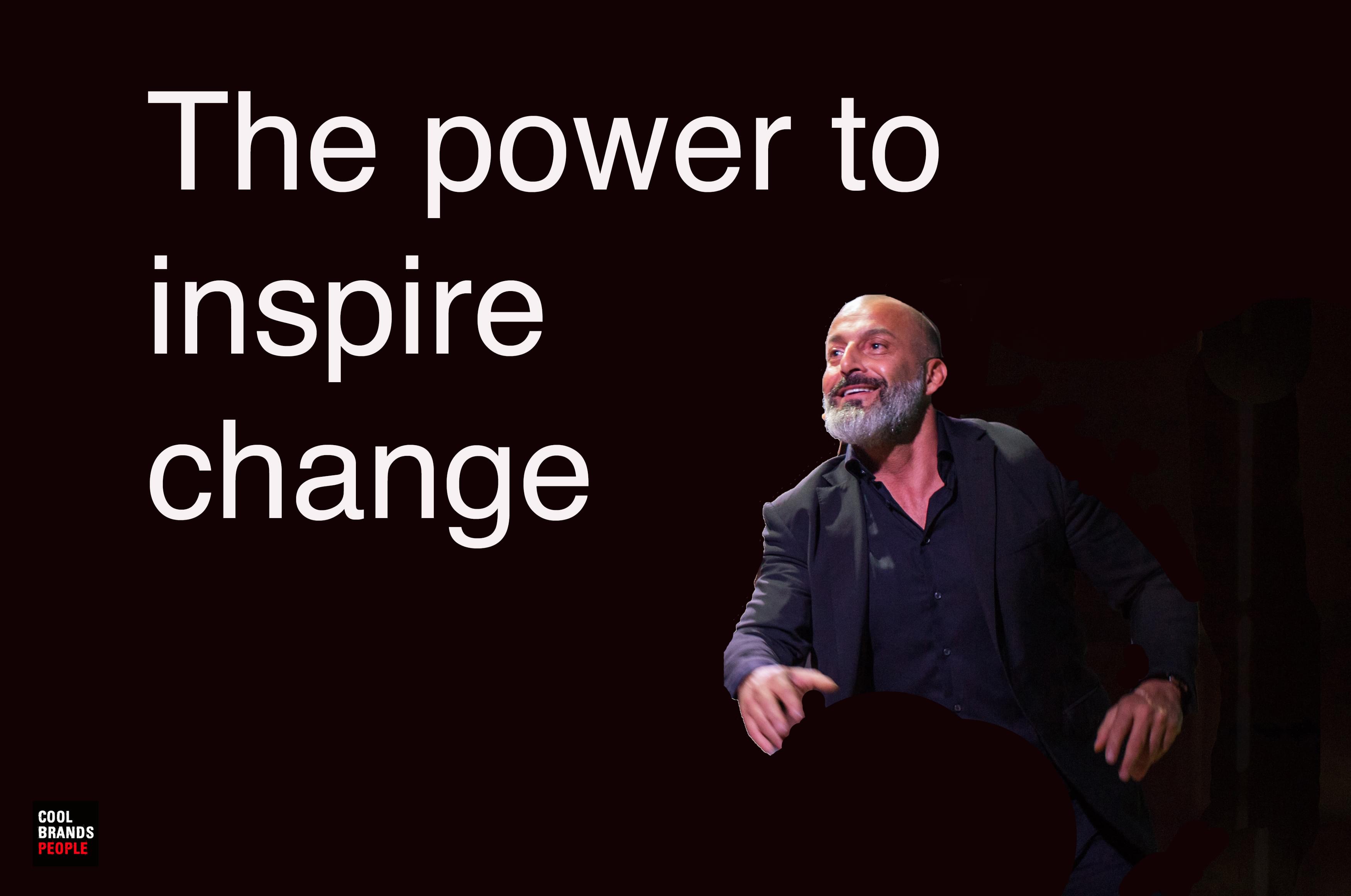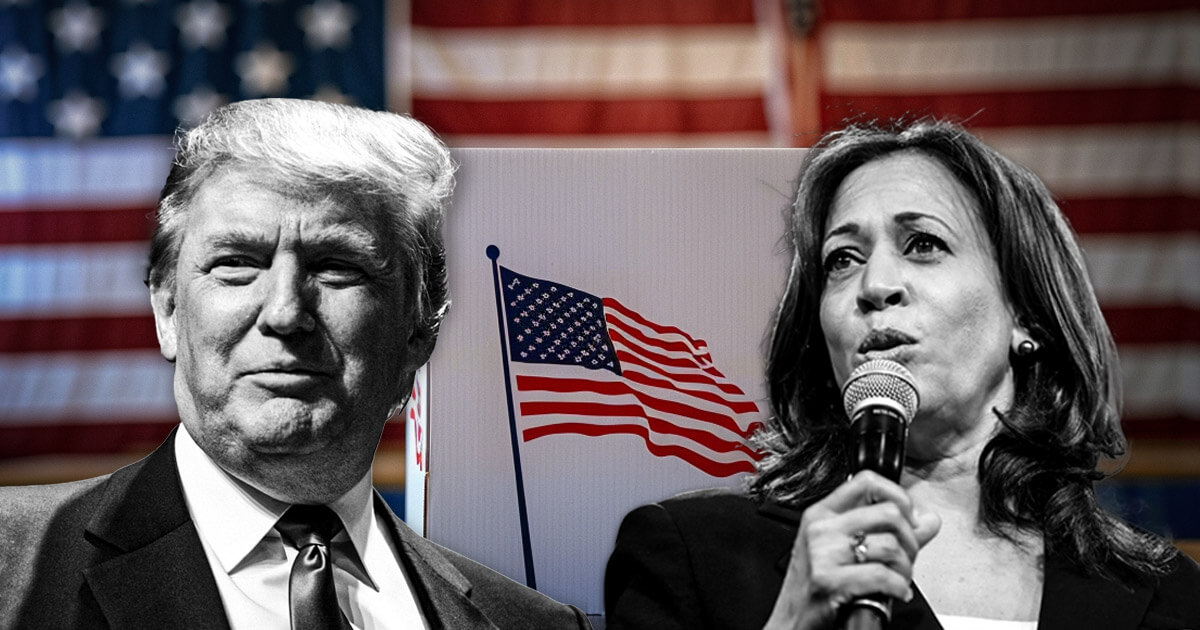A controversial event? 12 Business leaders offer their advice on how to respond.
It’s not just about whether you should or shouldn’t react — it’s how. When controversial events occur in society, some customers want brands to speak out and others want brands to “stay in their place.”
This story was first published on Rolling Stone Culture Council.
12 Business Leaders Offer Their Advice
When you’re a business leader, this can put you in a difficult position, as you may want to voice your opinion and your company’s, but you also don’t want to alienate or lose customers as a result.
As business leaders, the Rolling Stone Culture Council members have their own thoughts on the matter.
Below, 12 of them each share their tips for how businesses should respond to controversial current events and why they take this stance.
React to Topics That Align With Your Company Values
Brands should react to controversial events in a way that aligns with their long-standing values and level of activism. A brand known for environmental activism might appropriately comment on climate-related events while remaining quiet on issues of gun violence, abortion or gender. – Erik Oberholtzer, Cohere
A Controversial Event? Be Guided by Your Truth
Every business leader who says or does something publicly after a controversial event becomes an example for other business leaders to use their freedom of speech and is also an example of committing a courageous act and putting mission, morals, and integrity over profit.
Whether customers want brands to speak out or not, we should be guided by speaking our truths over losing business.– Stephanie Dillon, Stephanie Dillon Art
Make Sure You Can Stand by Your Words
No one likes it when a politician flip-flops on an issue, and we respond more vehemently to brands that make a statement during a controversy and then walk it back. If you are going to make a statement based on your values, make sure that you are willing to stick by those words.
Negative comments are usually fleeting, but the impression that you can’t stand by what you say leaves a lasting mark.– Michelle De Long, Mimi Productions
Controversy? Understand the Sensitivity of the Topic
I’ve learned that staying neutral on certain topics can be as bad as, if not worse than, speaking out. We tend to “stick to the script” as owners and business managers.
Usually, knowing the sensitivity of a topic, having an amazing team that understands these sensitivities, and using hand-picked responses can go a long way.– Chris Martin, Hempful Farms
Ask Yourself if the Issue Impacts Your Staff and Customers
For a long time, a business’s “place” was separate from playing an active role in society. However, times have changed; silence is complicity. If you’re a brand wondering how to respond to a social issue, ask yourself if the issue impacts your employees and customers.
If the answer is “yes,” don’t just say something — do something. If the answer is “no,” you have more flexibility in choosing what to do.– Dan Serard, Cannabis Creative Group
Ensure Your Message Is Useful and Meaningful
Often, a brand response without “action” is just virtue signaling and a waste of customers’ time. In fact, it can do more harm than good because of what’s missing: anything meaningful for customers.
That isn’t to say that a brand shouldn’t respond during a crisis, but it’s important to make sure your message is essential and useful to your customers and community and not just to your brand.– Harrison Wise, Wise Collective Inc.
Business Leaders – Know What You Stand For
Companies and brands should know what they stand for. Controversial events may offer the opportunity for disruption — an ingredient for change.
Thoughtful contribution to a controversial topic can show customers and employees the heart of the company and strengthen connection and loyalty. – Zena Harris, Green Spark Group
Think About Your Role and Purpose
It depends on the specific role a brand plays in society. It also depends on the brand’s purpose.
If the brand is authentic and real — not a “lipstick on a pig” brand or a greenwasher — it will be fine, whatever they do or say.– Igor Beuker
Avoid Seeming Opportunistic or Exploitative
Whether you address a controversial event or stay quiet, align your response with your existing brand values and mission so as to not appear opportunistic or exploitative.
This is of course easiest and most authentic for brands that are already socially conscious. If you didn’t care before a dramatic event, don’t pretend to care in response to the controversy by posting hollow sentiments after news breaks.– Beth Waterfall, ELEVATE Northeast Events and Education, Inc.
Speak Honestly and With Conviction
Speak honestly and with conviction but with respect to other opinions. We’re rooted in the cannabis industry, so we’re no strangers to activism.
It comes with the territory. When a brand isn’t afraid to be who they are, people respect that conviction.
When a brand speaks out of both sides of its mouth in an effort to appease everyone, it shows that there isn’t a strong vision.– Joshua Wurzer, SC Labs
Think About How You Might Motivate or Demotivate Your Employees
So many workplaces are made up of millennials who believe that companies have a responsibility to take a stand on society’s important issues.
Customers, employees and communities may have different — and often conflicting — ideas about what that means. Think carefully about how your response can help motivate and inspire your employees, and how it might unintentionally demotivate or alienate them.– Joe Hart, Dale Carnegie & Associates
Keep Things Simple
Customers will always expect brands to align with their personal values or opinions. Obviously, this can be difficult in today’s polarized society.
However, I think brands have an obligation to speak clearly and keep things simple. Most importantly, companies should make their values clear.
Integrity is more important than the bottom line sometimes, and future gains will always reflect that.– Kelly Schwarze, Indie Film Factory
Related Posts
MONTHLY MEMBER SPECIAL
















